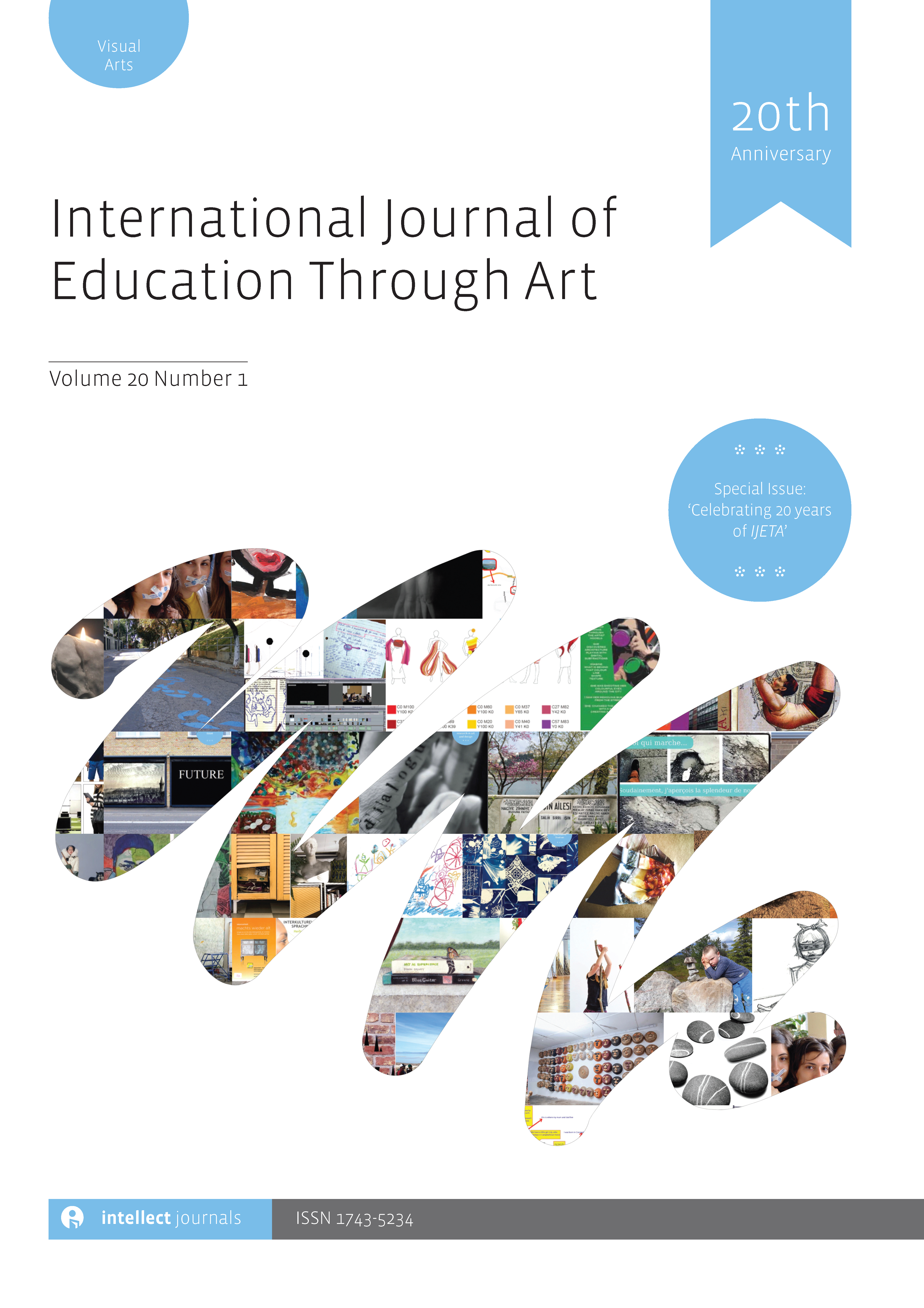
Full text loading...
 , Kim Collins2
, Kim Collins2
In this article, we, as disability studies educators in Toronto, Canada, reflect on our interpretations of a student group's call to 'people' disability culture. This request tasked us with mapping disability culture in Canada, and representing it through the arts-based approach of new disability documentary. We produced five student-directed films, Ordinary Extraordinary Activism, that bridge theory with lived experience by profiling activists whose lives involve participating in disability culture. Here, we describe how our work supported and transcended the affirmative model by drawing on intersectionality and Disability Justice. We critically consider the aesthetic and representational tensions of producing films under crip time. Through this writing, we reflect on the three-year process of filmmaking as a gesture of online pedagogy and analyse three out of five films.

Article metrics loading...

Full text loading...
References


Publication Date:
https://doi.org/10.1386/eta_00015_1 Published content will be available immediately after check-out or when it is released in case of a pre-order. Please make sure to be logged in to see all available purchase options.